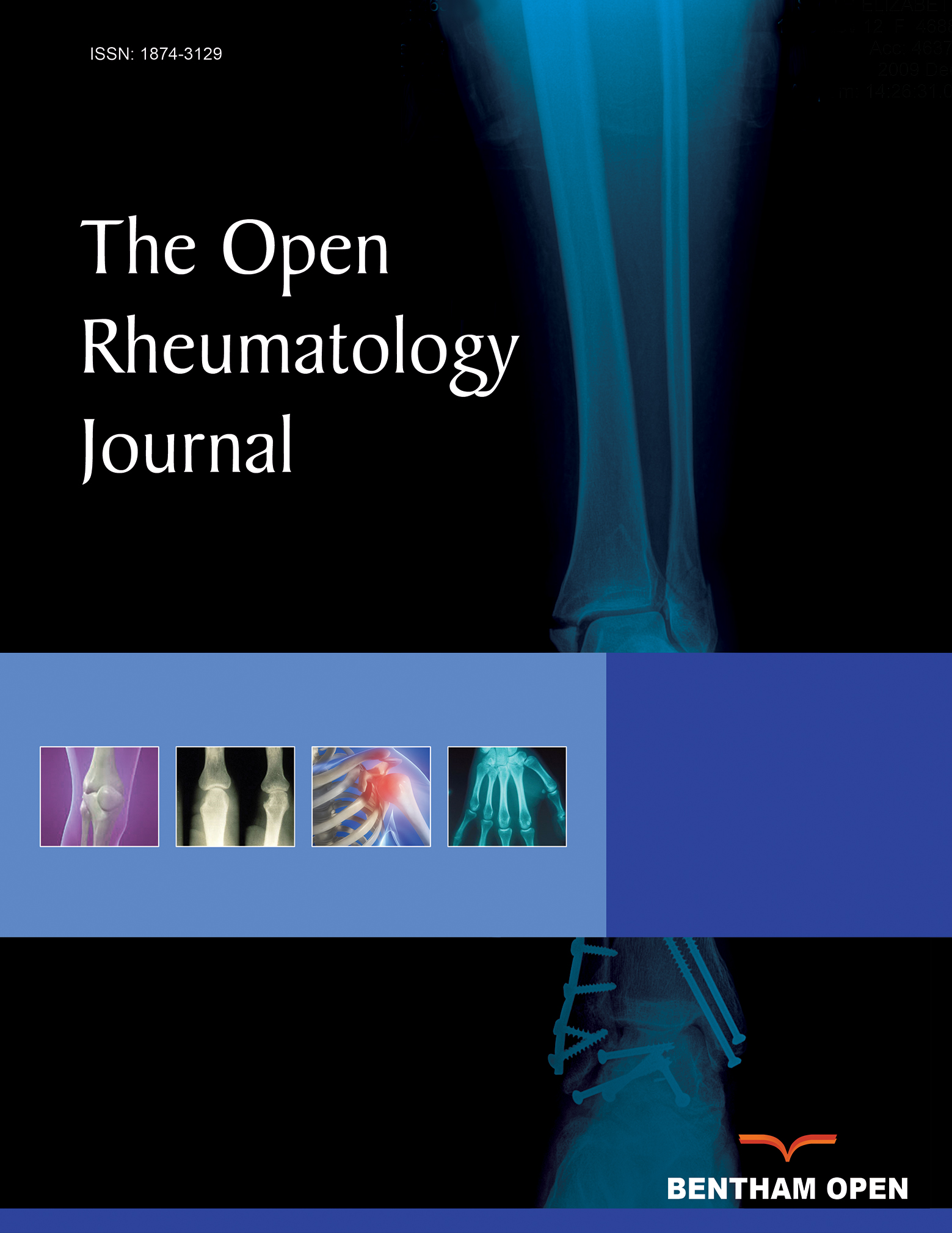All published articles of this journal are available on ScienceDirect.
Association Between STAT4 rs7574865 Polymorphism and Rheumatoid Arthritis: Debate Unresolved
Abstract
Background:
STAT4 rs7574865 polymorphism has been evidently associated with susceptibility to Rheumatoid Arthritis (RA) in European and Eastern Asian populations, whereas studies in other countries reported otherwise.
Objective:
We investigated the distribution of STAT4 rs7574865 polymorphism in a group of Syrian RA patients.
Methods:
Eighty-one RA patients and forty healthy controls were enrolled and STAT4 rs7574865 was genotyped by direct sequencing. RA patients were stratified according to Anti-Citrullinated Protein Antibodies (ACPA) status for analysis.
Results:
Minor T allele frequencies were 30.4%, 16.7%, and 23.8% in ACPA-positive RA patients, ACPA-negative RA patients, and healthy controls, respectively. No significant differences in STAT4 rs7574865 allele/genotype frequencies were found between ACPA-positive RA patients, ACPA-negative RA patients, and healthy controls (P>0.05).
Conclusion:
STAT4 rs7574865 TT genotype showed a potential impact on ACPA positivity in Syrian RA patients. However, STAT4 rs7574865 effect on RA onset and severity is minor compared to other genetic factors such as HLA-DRB1 shared epitope alleles.


